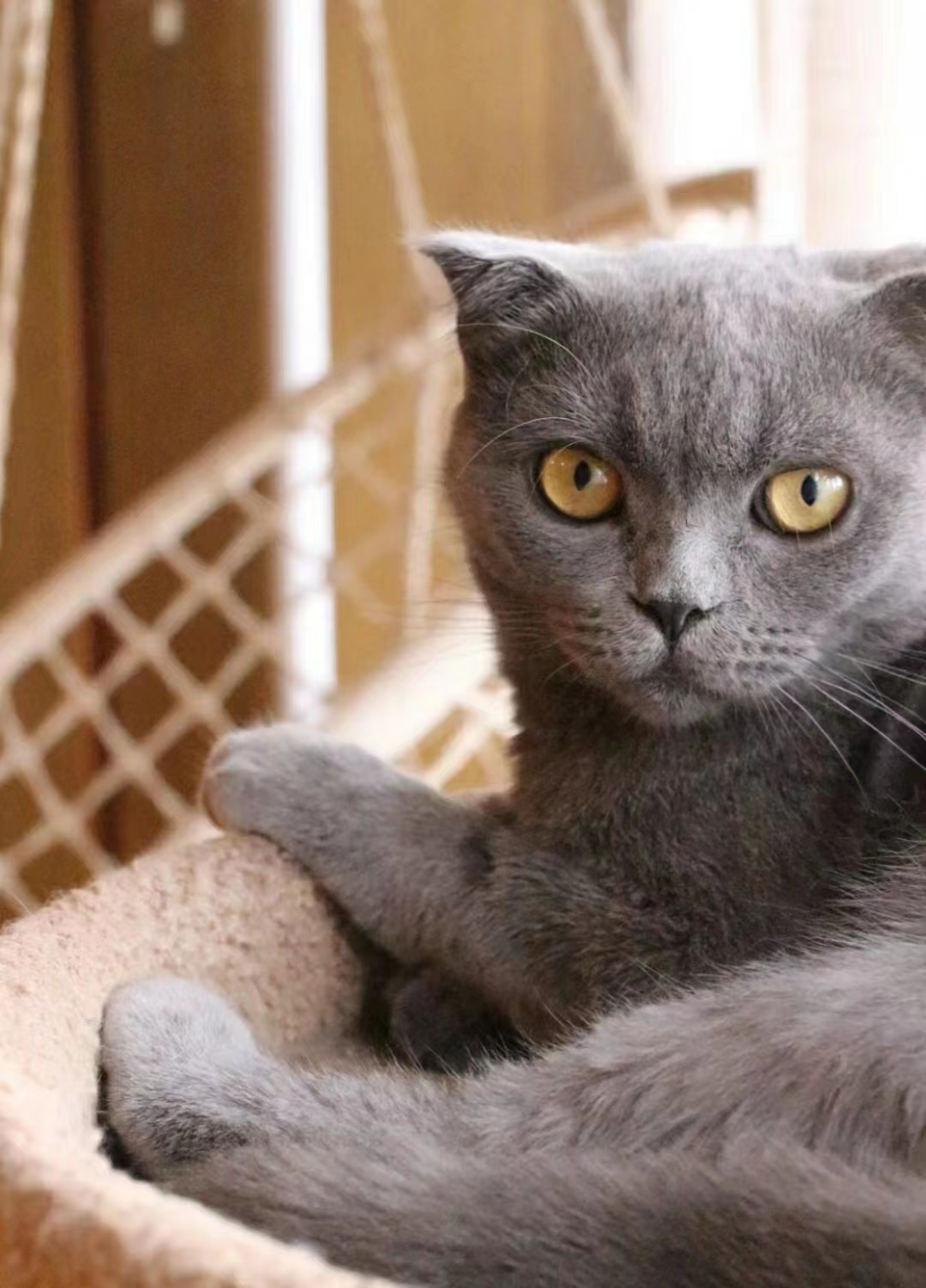How can I prevent my cat getting hairballs?
Cats spend half their day grooming themselves, which significantly determines the well-being of the animal. Because a cat’s tongue has a rough surface, hair gets caught on it and is accidentally swallowed. This hair is then combined with feed ingredients, gastric juices, saliva etc. and forms hairballs of various sizes. The following cats are particularly at risk of hairballs:
- Long-haired cats
- Fat cats
- Cats with a parasite infection
- Old cats due to their reduced intestinal motor function.
For cats with ‘hairball problems’, find suitable cat hairball solution.
- How should I feed an older cat?
As cats age, a lot changes. A good diet should address these changing circumstances. What changes exactly?
- Sense of smell diminishes
- Weight loss – many old cats become very skinny
- Coat loses vitality
- Kidney function diminishes
- Cells are more likely to be attacked by metabolic toxins, also known as free radicals
- More frequent constipation as the gut becomes less active
Look out for the following characteristics in high-quality food for senior cats:
- High acceptance and very easily digestible ingredients
- Increased protein and fat to prevent weight loss
- High-quality essential fatty acids to foster healthy skin and hair
- Reduced phosphorous to protect the kidneys
- Increased Vitamin E and C to protect the cells
Post time: Aug-19-2023

